Geniuses with Autism and Asperger's
Discover the brilliance of geniuses with autism and Asperger's. Explore their unique perspectives and celebrate neurodiversity.
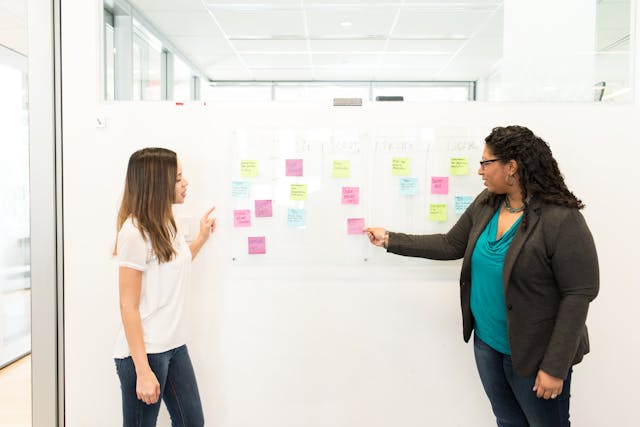
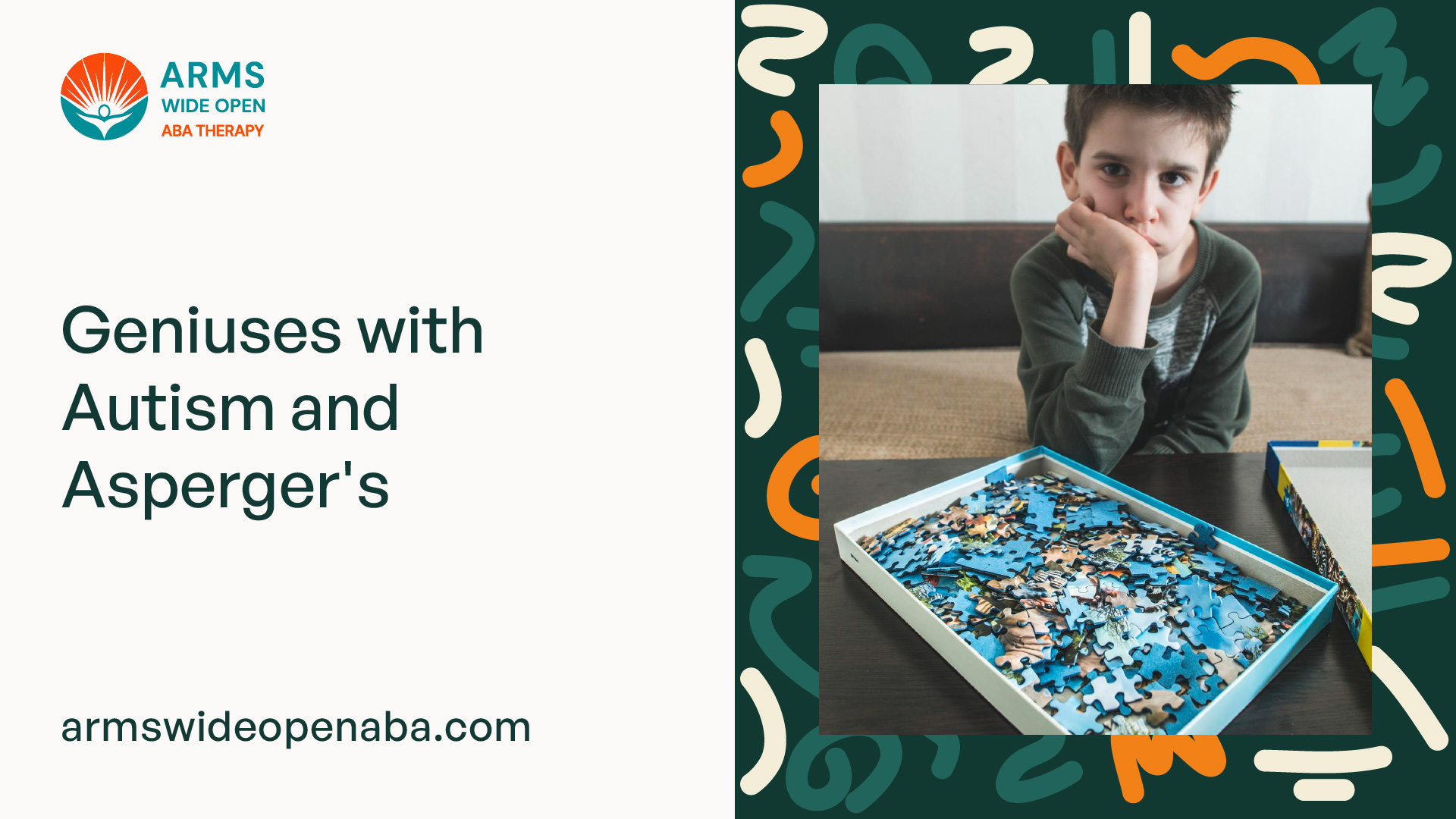
Unveiling Exceptional Minds
In the world of autism and Asperger's, there exists a fascinating group of individuals with exceptional minds. These individuals possess unique talents and abilities that often go beyond the boundaries of conventional thinking. By recognizing their potential and breaking stereotypes, we can truly appreciate the brilliance they bring to the world.
Recognizing the Potential
It is crucial to recognize the potential within individuals with autism and Asperger's. While they may face challenges in certain areas of life, they also possess remarkable strengths and abilities. These individuals often exhibit exceptional attention to detail, heightened perception, and a deep focus on their areas of interest.
By acknowledging their potential, we can provide the necessary support and opportunities for these individuals to thrive. Through proper guidance and understanding, their extraordinary abilities can be harnessed, allowing them to make valuable contributions to various fields such as science, technology, art, and more.
Breaking Stereotypes
Stereotypes surrounding autism and Asperger's have perpetuated misconceptions about the abilities and limitations of individuals on the spectrum. It is essential to break these stereotypes and challenge the notion that autism and Asperger's are solely associated with deficits.
By highlighting the achievements and successes of individuals with autism and Asperger's, we can shift the narrative and showcase their exceptional talents. These individuals have defied societal expectations and proven that neurodiversity should be celebrated and embraced.

By recognizing the potential and breaking the stereotypes associated with autism and Asperger's, we can create a more inclusive society that values and appreciates the exceptional minds within the spectrum.
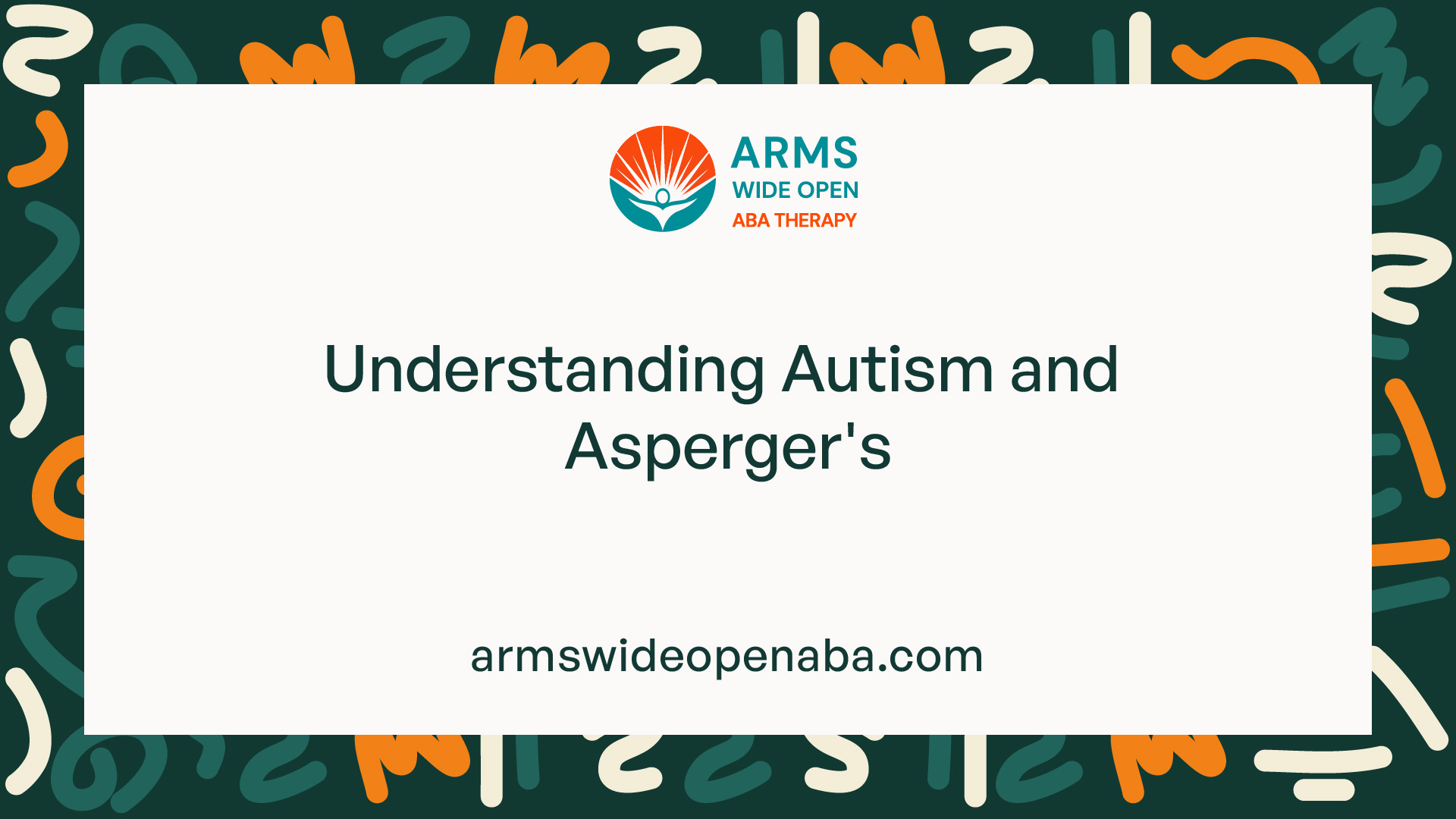
Understanding Autism and Asperger's
To comprehend the remarkable individuals who have emerged as geniuses while navigating the autism spectrum, it's essential to have a solid understanding of autism and Asperger's. This section provides an overview of these conditions and explores their common traits and characteristics.
Overview of Autism and Asperger's
Autism and Asperger's are both neurodevelopmental disorders that are classified as part of the autism spectrum. While they share some similarities, there are distinct differences between the two.
Autism, also known as Autism Spectrum Disorder (ASD), is a complex condition that affects social interaction, communication, and behavior. It is typically diagnosed during early childhood, and its severity can vary widely among individuals. People with autism may experience challenges in areas such as social skills, sensory processing, and repetitive behaviors.
On the other hand, Asperger's Syndrome is considered a milder form of autism. It is characterized by difficulties in social interaction and communication, along with restricted interests and repetitive behaviors. Individuals with Asperger's often exhibit exceptional focus and attention to detail in their areas of interest.
Common Traits and Characteristics
While autism and Asperger's represent a diverse spectrum, there are several common traits and characteristics that individuals with these conditions may share. Some of these include:
- Social Interaction Challenges: People with autism and Asperger's may struggle with social skills, such as making eye contact, understanding nonverbal cues, and engaging in reciprocal conversations.
- Communication Difficulties: Difficulties in communication can manifest as delayed language development, trouble understanding sarcasm or figurative language, and a preference for literal interpretations.
- Sensory Sensitivities: Many individuals on the autism spectrum may experience heightened or diminished sensitivity to sensory stimuli, such as sounds, lights, textures, or smells.
- Repetitive Behaviors: Engaging in repetitive behaviors or routines is a common trait among individuals with autism and Asperger's. These behaviors may serve as a way to self-soothe or manage anxiety.
- Intense Focus and Special Interests: People with autism and Asperger's often exhibit intense focus and enthusiasm for specific topics or activities. They may possess a remarkable ability to retain detailed information about their interests.
- Logical Thinking and Attention to Detail: Many individuals on the autism spectrum excel in logical thinking, problem-solving, and attention to detail. This cognitive style contributes to their unique perspectives and exceptional abilities.
Understanding the overview and common traits of autism and Asperger's allows us to appreciate the distinct experiences and perspectives of individuals on the spectrum. By celebrating neurodiversity and creating inclusive environments, we can foster an atmosphere that supports the growth and development of these exceptional minds.
Geniuses Among Us
In the world of exceptional minds, there are notable figures who have made significant contributions despite their autism or Asperger's. These individuals have shattered stereotypes and showcased their exceptional talents. Let's explore some of the notable geniuses with autism and Asperger's.
Notable Figures with Autism
Autism, a developmental disorder that affects communication and social interaction, has not hindered the brilliance of these extraordinary individuals. Here are some notable figures with autism:
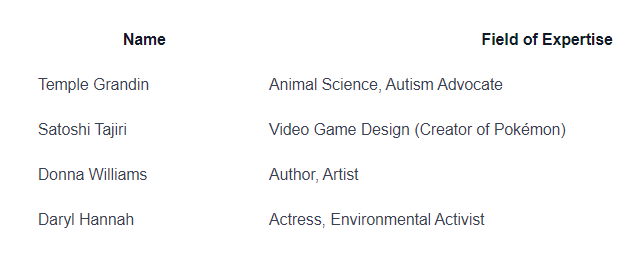
Notable Figures with Asperger's
Asperger's syndrome, a milder form of autism, has also been associated with exceptional talents. Here are some notable figures with Asperger's:
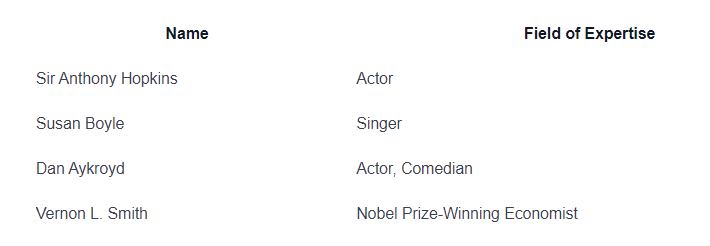
These individuals have achieved remarkable success in their respective fields, highlighting the diverse talents that can emerge from the autism spectrum. Their contributions serve as a testament to the unique perspectives and strengths that individuals with autism and Asperger's possess.
By recognizing and celebrating these exceptional minds, we can foster a greater understanding and appreciation for neurodiversity. It is essential to create inclusive environments that provide support and encouragement for individuals with autism and Asperger's to thrive and share their remarkable talents with the world.
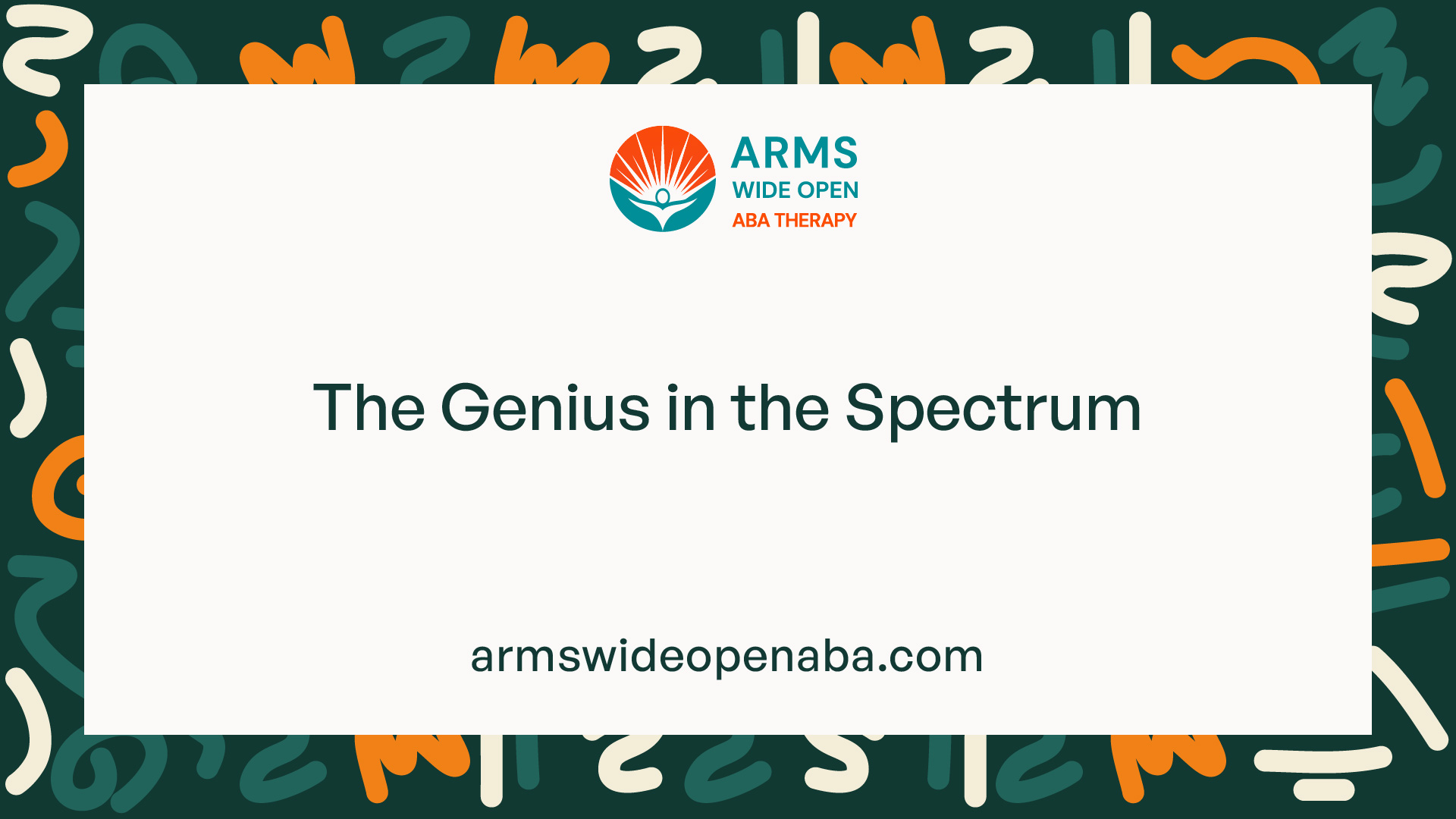
The Genius in the Spectrum
Individuals on the autism spectrum, including those with autism and Asperger's, possess unique perspectives and talents that contribute to their exceptional abilities. Embracing the strengths of these individuals can lead to remarkable achievements and groundbreaking contributions in various fields.
Unique Perspectives and Talents
One of the remarkable aspects of individuals on the autism spectrum is their ability to view the world through a different lens. Their unique perspectives often allow them to think outside the box, see patterns and connections that others might miss, and approach problems with unconventional solutions. This divergent thinking can lead to groundbreaking discoveries and innovations.
Moreover, individuals with autism and Asperger's often possess exceptional talents in specific areas. These talents can range from exceptional memory and attention to detail, to heightened abilities in mathematics, music, art, or computer programming. Their intense focus and dedication to their interests enable them to excel in their respective fields and make significant contributions.
Harnessing Strengths
To fully harness the strengths of individuals on the autism spectrum, it is important to create an environment that supports their unique abilities. Providing appropriate accommodations and opportunities for individuals to showcase their talents can help them thrive and reach their full potential.
Some ways to support and harness the strengths of individuals with autism and Asperger's include:
- Specialized Education: Tailoring educational programs to accommodate their learning styles and provide opportunities for in-depth exploration of their interests.
- Mentorship and Guidance: Pairing individuals with mentors who can guide and nurture their talents, helping them navigate challenges and develop their skills further.
- Employment Opportunities: Creating inclusive workplaces that value neurodiversity, providing individuals on the spectrum with meaningful employment opportunities where they can utilize their unique talents.
- Community Support: Establishing support networks and communities where individuals with autism and Asperger's can connect with others who share their experiences and interests, fostering a sense of belonging and understanding.
By embracing the unique perspectives and talents of individuals on the autism spectrum, society can benefit from their extraordinary contributions. It is essential to provide the necessary support, accommodations, and acceptance to empower these individuals to thrive and make a lasting impact in their chosen fields.
Supporting Individuals with Autism and Asperger's
Individuals with autism and Asperger's possess unique abilities and talents that contribute to the diversity of our society. It is essential to create inclusive environments and provide support that encourages their personal growth and success.
Creating Inclusive Environments
Creating inclusive environments is crucial for individuals with autism and Asperger's to thrive. By embracing their differences and providing accommodations, we can foster a sense of belonging and ensure equal opportunities for all. Here are some key considerations for creating inclusive environments:
- Education: Schools and educational institutions can implement inclusive policies and practices that support the learning needs of individuals with autism and Asperger's. This may include providing specialized instruction, sensory-friendly classrooms, and access to support services.
- Workplace: Employers can promote inclusivity by implementing workplace accommodations and fostering an accepting and supportive culture. This may involve providing clear communication, flexible work arrangements, and sensitivity training for colleagues.
- Community: Communities can play a vital role in creating inclusive spaces for individuals with autism and Asperger's. This can be achieved through community programs, recreational activities, and support groups that promote social interaction and acceptance.
By creating inclusive environments, we can empower individuals with autism and Asperger's to reach their full potential and actively contribute to society.
Encouraging Personal Growth
Encouraging personal growth is essential for individuals with autism and Asperger's to develop their talents and achieve their goals. Here are some strategies for supporting their personal growth:
- Identifying Strengths: Recognizing and nurturing the unique strengths and talents of individuals with autism and Asperger's is crucial. By identifying their areas of interest and expertise, we can provide opportunities for growth and skill development.
- Individualized Support: Tailoring support to the specific needs of each individual is essential for their personal growth. This may involve providing personalized therapies, counseling, and mentorship programs that address their unique challenges and help them build life skills.
- Promoting Independence: Encouraging independence is a key aspect of personal growth. By gradually increasing autonomy and providing opportunities for decision-making and self-advocacy, individuals with autism and Asperger's can develop confidence and a sense of empowerment.
- Career Development: Supporting individuals with autism and Asperger's in their career aspirations is vital. Career development programs, vocational training, and job placement services can help them explore their interests and find fulfilling employment opportunities.
By encouraging personal growth, we can empower individuals with autism and Asperger's to embrace their potential, pursue their passions, and lead fulfilling lives.
Supporting individuals with autism and Asperger's involves creating inclusive environments and nurturing their personal growth. By recognizing their strengths, providing individualized support, and promoting independence, we can help them thrive and contribute their exceptional talents to society.
Celebrating Neurodiversity
Neurodiversity is a concept that emphasizes the recognition and acceptance of the diverse range of neurological differences among individuals. It promotes the understanding that conditions such as autism and Asperger's are not disorders to be fixed, but rather unique variations of the human experience. By celebrating neurodiversity, we can foster a more inclusive and accepting society.
Embracing Differences
Embracing differences is at the core of celebrating neurodiversity. It involves recognizing the value and strengths that individuals with autism and Asperger's bring to our communities. Instead of viewing these differences as deficits, we can appreciate the unique perspectives, skills, and talents that emerge from neurodivergent minds.
Embracing differences means challenging societal norms and breaking away from stereotypes. It requires us to approach individuals with autism and Asperger's with an open mind and a willingness to learn from their experiences. By doing so, we create an environment that celebrates the diversity of human cognition and encourages the flourishing of exceptional minds.
Promoting Acceptance and Understanding
Promoting acceptance and understanding is crucial in creating a society that embraces neurodiversity. It involves educating ourselves and others about autism and Asperger's, dispelling misconceptions, and fostering empathy and compassion.
By promoting acceptance, we can create inclusive environments where individuals with autism and Asperger's can thrive. This includes providing support and accommodations to ensure equal access to opportunities and resources. It also means advocating for the rights and well-being of neurodivergent individuals, challenging discrimination, and promoting social inclusion.
Understanding plays a significant role in promoting acceptance. By learning about the unique traits and characteristics associated with autism and Asperger's, we can better comprehend the experiences and challenges faced by individuals on the spectrum. This understanding allows us to interact with empathy, respect, and patience, fostering meaningful connections and promoting a more inclusive society.
Through embracing differences and promoting acceptance and understanding, we can celebrate neurodiversity and create a world where individuals with autism and Asperger's are valued, supported, and empowered to reach their full potential. By recognizing the exceptional minds that emerge from these conditions, we enrich our collective human experience and contribute to a more diverse and vibrant society.
Sources
https://www.abtaba.com/blog/geniuses-with-autism-and-aspergers
https://hiddentalentsaba.com/geniuses-with-autism/
https://behavioral-innovations.com/blog/20-famous-people-with-autism-spectrum-disorder-asd/
Similar articles
We’re here to help you

Our team is here to assist you in this process. Contact us for any assistance.
it’s easy to apply
We Accept Most Insurances
Our in-network insurance partnerships make ABA therapy more accessible to families throughout our service areas.







Our Insurance Process
We'll request your insurance details to help us verify your plan's coverage for ABA therapy. Once we've received this information, we'll walk you through your benefits, including copayments, deductibles and out-of-pocket maximums, so you know what to expect in advance.
Our team will then handle the preauthorization and all the necessary paperwork.
.svg)





















.jpeg)


































.jpeg)




.jpeg)







.jpeg)











.jpeg)
















